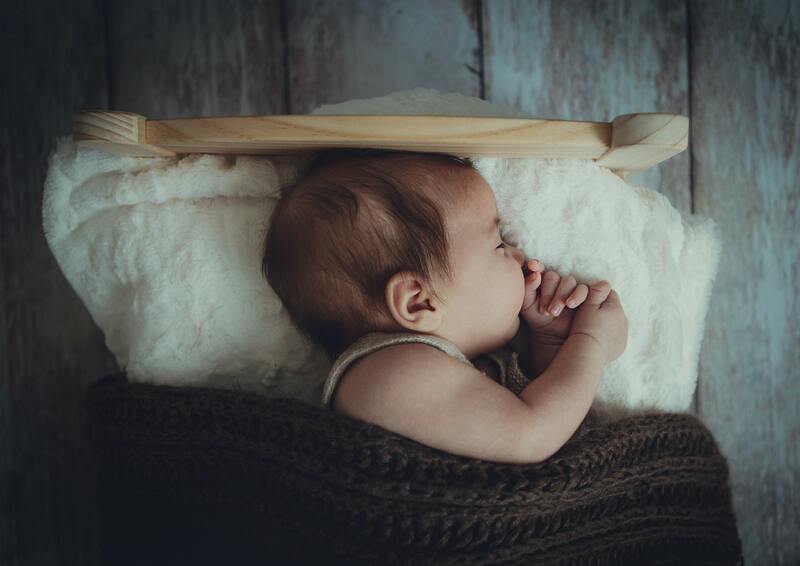How to setup baby sleep routine

Setting up a baby sleep routine can be challenging, but it is important for the baby's health and well-being. A good sleep routine can help your baby sleep better, which in turn can improve their mood, behavior, and overall development.
Here are some steps to help you set up a baby sleep routine:
- Determine a bedtime that works for you and your baby: Babies have different sleep needs, but most infants need between 12 and 16 hours of sleep per day. Determine a bedtime that allows your baby to get the sleep they need, and that also works for your own schedule.
- Create a relaxing bedtime routine: A bedtime routine can help your baby relax and prepare for sleep. This can include activities such as giving your baby a warm bath, reading them a bedtime story, or playing calming music.
- Make the bedroom conducive to sleep: The bedroom should be a quiet, dark, and comfortable environment for your baby to sleep in. Make sure the room is at a comfortable temperature, and eliminate any distractions or sources of light or noise.
- Put your baby to bed drowsy, but awake: Babies should be put to bed drowsy, but still awake. This helps them learn to fall asleep on their own, and can prevent them from becoming dependent on rocking or other sleep aids.
- Be consistent: It is important to be consistent with your baby's sleep routine. This means sticking to the same bedtime and bedtime routine every night, and being consistent with your responses to your baby's needs during the night.
In summary, setting up a baby sleep routine can be challenging, but it is important for your baby's health and well-being. A good sleep routine can help your baby sleep better, and can improve their mood, behavior, and overall development. By determining a bedtime, creating a relaxing bedtime routine, making the bedroom conducive to sleep, putting your baby to bed drowsy but awake, and being consistent, you can help your baby establish a healthy sleep routine.
Photo by Nyana Stoica on Unsplash
